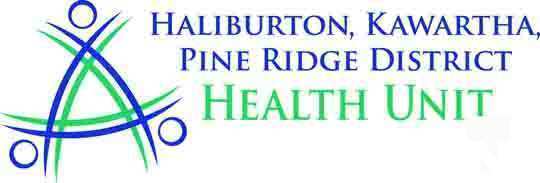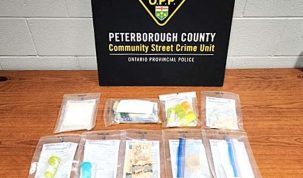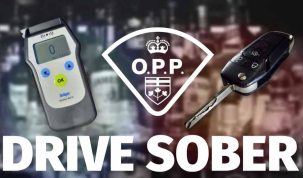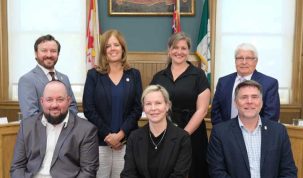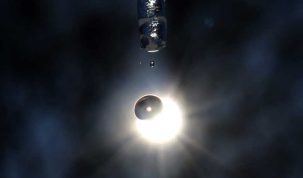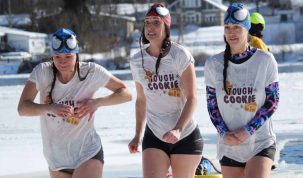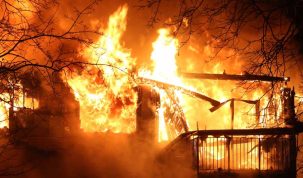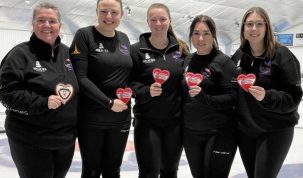Boil Water Advisories: Frequently Asked Questions
Last updated: September 4, 2025
What is a Boil Water Advisory (BWA)?
Boil Water Advisories (BWAs) are a public health protection measure due to potential health risks related to drinking water. Public Health Units and/or drinking water system operators issue BWAs when there is a concern that the water may be contaminated and unsafe to consume, often due to an event that adversely affects water quality (e.g., water main break or contamination).
Why has a BWA been issued for Millbrook?
Due to a water main break on Thursday September 4th, water coming from taps is currently untreated and unsafe. The Township is working to restore services as soon as possible, while Peterborough Public Health (now legally merged with HKPR District Health Unit) continues to monitor for health risks.
Ongoing updates will be available at www.cavanmonaghan.net
Do I need to use an alternate source of water while the advisory is in place?
Ideally, yes, an alternate source of water (e.g., bottled water) should be used for activities that include consumption or possible consumption. However, the water can be made safe by appropriately boiling it.
How do I appropriately boil the water during this advisory to make it safe?
Tap water can be brought to a rapid rolling boil for at least one minute prior to using it for drinking or other activities that may cause consumption (see below). Start a one-minute timer after the water reaches a rapid rolling boil.
What types of water use require an alternate source of water or boiled water?
Use an alternate source of potable water or boiled water for: drinking, preparing baby food, formula, or juices, making ice, washing fruits and vegetables, brushing teeth, and any other activity that could result in the consumption of water.
Can I wash my hands with the untreated tap water?
Yes. However, after you finish washing your hands with soap and running water, thoroughly dry your hands and then use a 60% alcohol-based hand rub (i.e., hand sanitizer), ensuring it fully dries to disinfect your hands.
Can I safely store boiled water?
Yes. After boiling, cool the water and store it in a clean, sanitized container with a lid. See the question further in this document for guidance on appropriate cleaning and sanitizing.
Can I shower or bath when there is a boil water advisory?
Maybe. First, if there are water conservation efforts in place, then you should not shower or bath as this can cause additional strain on the system. If there is no need to conserve water, adults may shower with untreated water but must avoid getting water into their mouth or swallowing the water. Young children should use a sponge bath instead of a tub bath to minimize contact and ingestion.
What kind of container should I be using at the potable water filling station?
It is best to use a container that is made of durable plastic, ceramic or metal that has an opening for filling that can be closed tightly when filling is complete. The container should allow the water to be poured out without hands or objects entering the container. DO NOT USE containers that have previously had toxic chemicals as these could transfer into the water.
How do I clean and sanitize a water storage container?
1) Wash the container with soap and water, then rinse completely with water.
2) Sanitize the container with a solution of:
a) 5mL (1 tsp) of unscented chlorine bleach in 1 litre of water; OR
b) 19mL (2 tsp) of unscented chlorine bleach in 1 gallon of water
Note: the household bleach should be relatively fresh/new so that it is of sufficient strength to
create the sanitizing solution.
3) Cover the container tightly and shake it well. Ensure the solution touches all inside surfaces.
4) Let it sit for at least one minute, then pour out the bleach solution.
5) Rinse the empty container with safe (treated) water before use.
a) Note: if you are storing the container, let it air-dry.
6) Pour safe water into the sanitized container and cover with a tight, well-fitted lid.
7) Label the container as “drinking water” and include the date.


